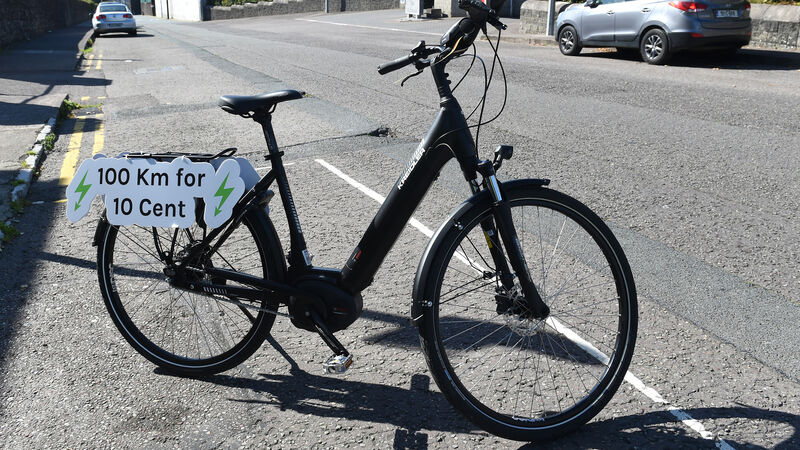The future of transport is not the electric car — it’s the electric bike

With proper infrastructure, bikes move faster, and can be parked and locked outside the door of your destination as well as giving welcome headspace and exercise at the end of a day stuck in front of a computer screen. File picture: Larry Cummins
Paris citizens have voted in favour of a proposal by the city’s mayor to triple parking charges on hefty SUVs. Cars weighing 1.6 tonnes or more will be charged at €18 per hour in the city centre or €12 per hour further out.
The charges will affect electric cars that weigh over two tonnes. Exclusions from the charge include people living and working in Paris, taxi drivers, tradespeople, health workers and people with disabilities.
















